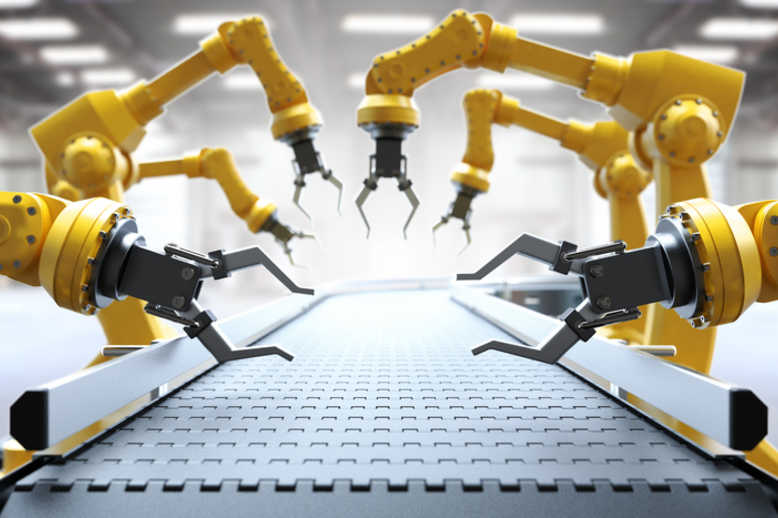advertisement
CIO 100: Should we be fearful of machines taking our jobs?
These days, technological advancements are always taking place, this is a good thing as it makes our lives easier, but…

These days, technological advancements are always taking place, this is a good thing as it makes our lives easier, but the advancements are also a double edged sword in the sense that people live in constant fear that their jobs could be taken by the very machines that are said to be helping them. This topic is set to be discussed during the CIO 100 Symposium and Awards to be held at the Enashipai Resort in, Naivasha Kenya from the 29th-30th of November.
Click here to register and attend the upcoming CIO 100 Annual Symposium and Award
Findings of McKinsey Global Institute recent study predicts that by 2030, as many as 800 million jobs could be lost worldwide to automation. The study, revealed that advances in AI will have a drastic effect on everyday working lives.
advertisement
Speaking during a recent CIO East Africa event in Nairobi, Kenya, Nikki Summers, Regional Director, SAGE East Africa, speaking on future factories mentioned that the biggest trend in smart manufacturing is lights out manufacturing, which means factories that run lights out are fully automated and require no human presence on-site. Summers shared an example of FANUC, a Japanese robotics company which has been operating a “lights out” factory for robots since 2001.
“Robots are building other robots at a rate of about 50 per 24-hour shift and can run unsupervised for as long as 30 days at a time,” said Summers.
Summers however notes that, with fully automated factories the margin for error is small, and everything must go right for it to work without a hitch. She adds that this necessitates the need for human intervention
The McKinsey report noted that even when some tasks are automated, employment in those occupations may not decline but rather workers may perform new tasks.
advertisement
“Automation will have a lesser effect on jobs that involve managing people, applying expertise, and social interactions, where machines are unable to match human performance for now. Jobs in unpredictable environments—occupations such as gardeners, plumbers, or providers of child- and eldercare—will also generally see less automation by 2030, because they are technically difficult to automate and often command relatively lower wages, which makes automation a less attractive business proposition,” the report continued.
The truth of the matter is machines are here to make our lives a little easier and we should not fear them, instead we should embrace them. Join us at the upcoming event where we will delve deeper into this topic.
Click here to register and attend the upcoming CIO 100 Annual Symposium and Award